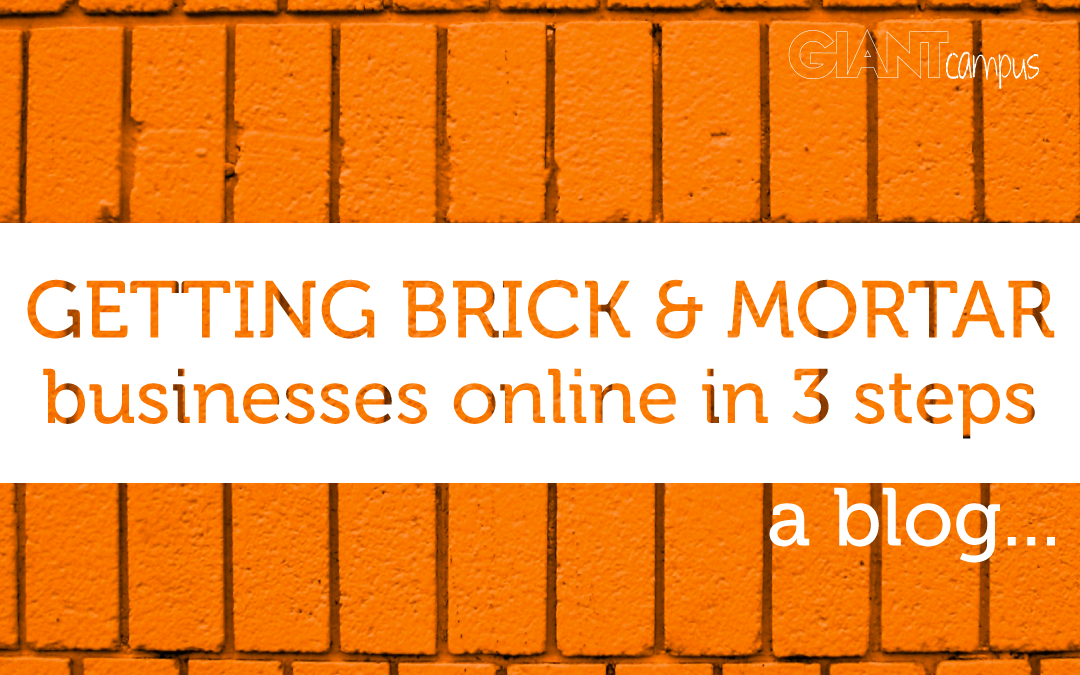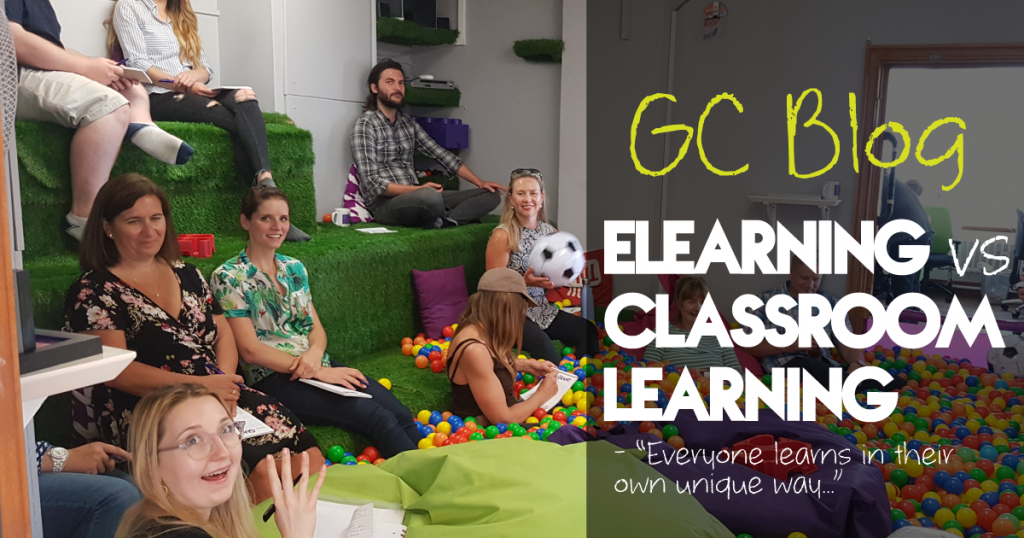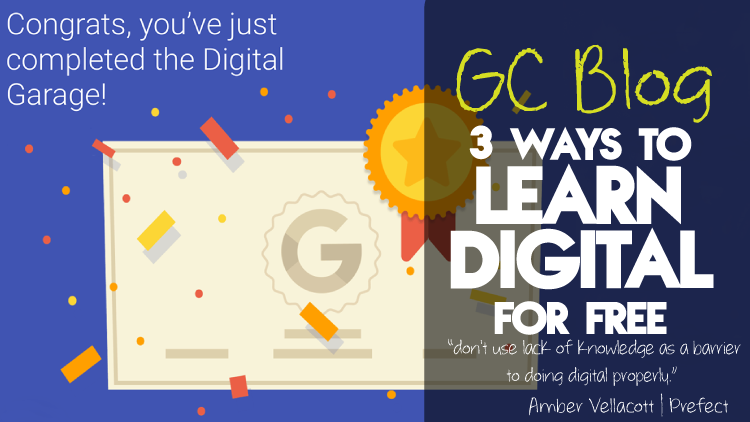3 things brick & mortar businesses can do right now to get online From Google My Business and local search, through to social media and website build... [wpseo_breadcrumbs]It's hard to know where to start as a physical business getting online, making digital and...

What to do when a ‘rival’ imitates you
What To Do When A ‘Rival’ Business Imitates You
imitation isn’t always a form of flattery, especially in business when you’ve been working hard
In the world of business, there is always going to be someone out there doing something similar to you.
Unfortunately, sometimes that may well be because they’ve taken ‘inspiration’ from you – or, essentially, copied your product or idea.
This can be pretty annoying, of course. While in some industries you can look at patents or legal protections to try and stop this happening, in some cases, there are no options like this available – and even if there are, people can often find a way around them. So, what can you do to stop it happening?
In some sense, the answer is nothing. But you can change the way that you react.
Inspiration over imitation
Acceptance is an important step in ensuring that you don’t want to spend the next six months willing a rival’s business to come crashing down. That’s not very friendly. Accepting that some form of imitation is always likely to happen is a really important step in dealing with competition head-on. While you can’t necessarily protect yourself against these kinds of infringements, you can change the way that you deal with them.
Imitation plays into the idea of social proof, a theory which basically explains how people copy the actions of others in an attempt to mirror what they perceive to be good or correct behaviour. Essentially, we see something we like, and we do the same thing. A good marketing example? The power of testimonials and case studies. People hear that someone enjoyed a product or service, and they want the same experience.
While social proof can also lead to imitation, it’s not necessarily a bad thing. Plus, it’s more than likely that you were inspired by other brands or companies when you started your own business, or are still inspired by what other people do to this day. It’s natural to spot someone doing something cool on social media and think “we could do something like that!” – and while some of us may change things up a bit more than others during this process, the underlying principle is the same. Think of it less like blatant copying, and more like looking for inspiration, and it’s a slightly sweeter pill to swallow.
Innovation is the key
When someone starts to imitate your business, it can be really easy to get stuck feeling hard done by. While sometimes anger can be motivating, it can also leave you feeling frustrated, when really what you need to do is move forward. If you’re the one being copied, then clearly you’re coming up with some awesome ideas – which is a powerful position to be in. Make sure that you’re innovating and improving and continuing to be creative, and you’ll soon leave the copycats in your rear view.
Initiate action
(can you tell we’re going for all of the ‘I’ words?)
In some cases, it may be that you want to take action. The best approach? Keep it civil. Drop the person an email and explain your position, detailing what they’re doing and the similarities to your own products or activities. Hopefully, this will be enough to make them stop. If not, then you may be in the realm of legal activity – if applicable to your industry. This can get expensive and be long-winded, so have a think about what sort of impact the imitation is having on your business before making this decision.
While someone imitating your business can be annoying in the beginning, try and use it to fuel something positive. Channel your angst into innovating and being the best at what you do, and you’ll soon find that you’ve left your copycat competitor in the dust. I mean, if they can’t come up with an original idea they’re probably not going to be around for too long… Take some comfort in that, and keep doing what you do. Clearly, you’re doing it well.
Want to drive your offering forward even further? We can help. Check out some of our digital marketing training courses to make sure you’re making the most of the online world – from the quick-wins of PPC to producing super creative original content.
Why not tell us some of the ways you have been copied in the past, what you felt and what you did about it. Comment below and join in the conversation.

Liz Quinn
Digital Creative Manager























Recent Comments